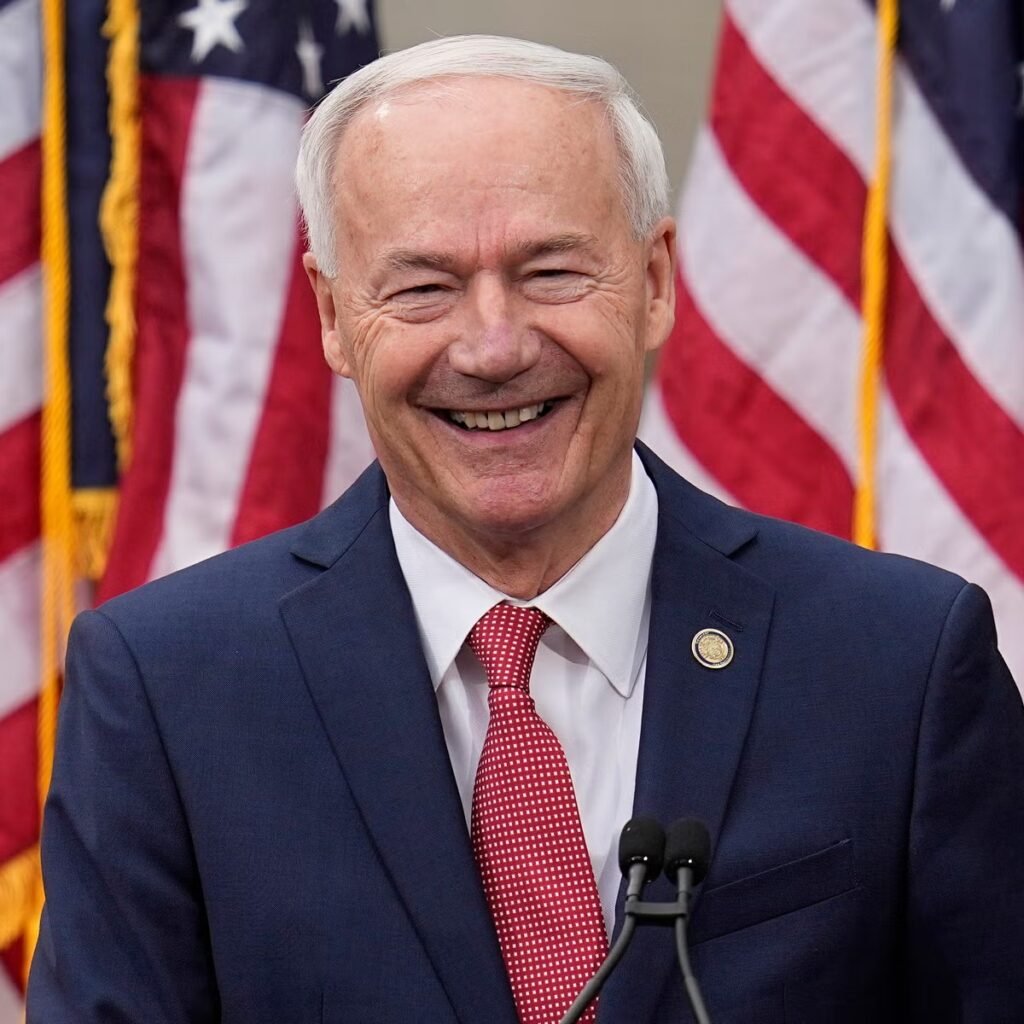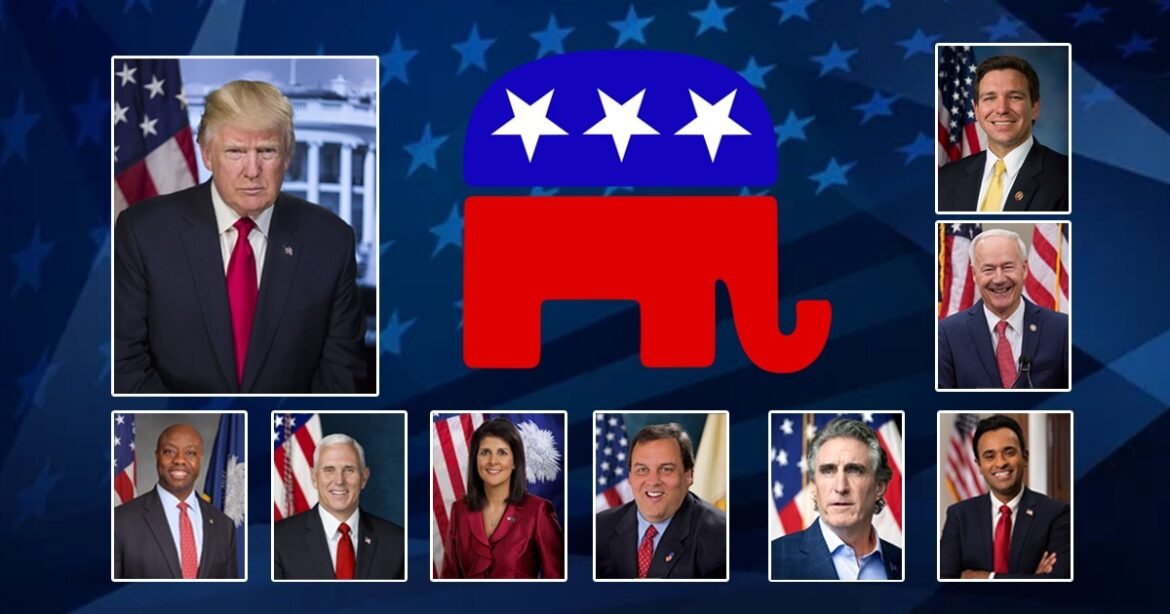With President Biden expected to seek reelection, Republicans are preparing for a potentially crowded field of candidates vying for the chance to challenge him. While former President Donald Trump remains a dominant force in the party, his vulnerabilities have opened up opportunities for other contenders to make their mark.
As the 2024 presidential election looms, Republicans are gearing up for what could be a fiercely contested race to challenge President Biden. Despite being the oldest person to serve as president, Biden is expected to announce his bid for reelection, but his vulnerabilities on the economy and waning enthusiasm among the Democratic base create an opening for Republican contenders.
YOU CAN ALSO READ: TURKISH PRESIDENTIAL ELECTION 2023
While former President Donald Trump still holds a formidable position within the party, his own vulnerabilities and the emergence of other candidates have set the stage for a competitive primary. Notably, former Vice President Mike Pence has thrown his hat into the ring, challenging his former boss and adding to the growing list of Republicans seeking to unseat Biden. Additionally, former New Jersey Governor Chris Christie and North Dakota Governor Doug Burgum have recently declared their candidacies, further intensifying the race. With such a diverse and dynamic group of contenders, the 2024 Republican primary is sure to be an intense and consequential battle for the nomination.
Here is a list of 2024 Republican hopefuls-
The Heavyweights
Donald Trump
Former President Donald Trump, 76, declared his candidacy for re-election in November, despite criticism from within his Republican Party for his support of unsuccessful far-right candidates in the midterm elections. Following his indictment by New York prosecutors for an alleged hush money payment to a porn star, he has maintained a strong hold on his base and improved his standing in the polls, despite remaining unpopular with significant portions of the voters.
Trump possesses substantial strengths within the Republican Party’s base, having formed the party in his own image and demonstrating his fundraising prowess.
However, vulnerabilities such as impeachment, ongoing investigations, and the majority’s consistent disapproval could hinder his campaign.
Although potential indictments and convictions do not legally disqualify him from running or serving as president, the legal obstacles he confronts and the unprecedented nature of his candidacy create uncertainty regarding the impact on his campaign.
In American history, there have been rare instances of candidates vying for office while facing criminal charges.

Ron DeSantis
Florida Governor Ron DeSantis is becoming a famous Republican figure, frequently called “Trump without the baggage” or “Trump with a brain.” He is 44 and more disciplined than Trump. DeSantis may lack Trump’s charisma and retail-politicking ability.
As Florida governor, DeSantis was known for defying COVID-19, immigration, and education laws. Despite not running, he leads Trump in surveys. However, he confronts difficulties in appealing to a wider electorate.
In a general election, his conservative record, including Social Security and Medicare budget cuts, might hurt him. Donors are also concerned about his dispute with Walt Disney Co. and inconsistent signals on Ukraine support.
In the Republican primaries, DeSantis’ ability to place himself to the right of Trump on issues like abortion and gun legislation may help him. In a general election, these positions may alienate independent and moderate voters.
DeSantis presents himself as a more disciplined alternative to Trump, but his conservative background and untested national candidacy make him unusual and perhaps contentious. He will face the pressures of running for president in the following months.
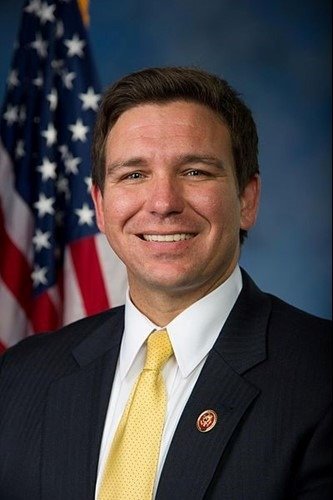
Mike Pence
Former vice president Mike Pence has strengths and flaws in his Republican presidential candidature. Pence’s main asset is his appeal to white Christian evangelicals, a large element of the Republican base, especially in early-nominating states like Iowa. Pence has campaign trail experience thanks to his national prominence and presidential candidature.
However, Pence has significant vulnerabilities as well. His breach with Trump over the 2021 Capitol attack has rendered him a pariah among Trump’s supporters. Pence may struggle to attract to Republican voters beyond white evangelicals without a strong foundation. In hypothetical contests, he also trails other candidates, indicating a lack of widespread support.
Despite these obstacles, Pence’s campaign has declared candidature and plans to debut in Iowa, where his Christian influence may help him. He may be able to overcome his flaws and establish a wider coalition.
Pence will have to manage to distance himself from Trump’s problematic actions while retaining his supporters as the election progresses.
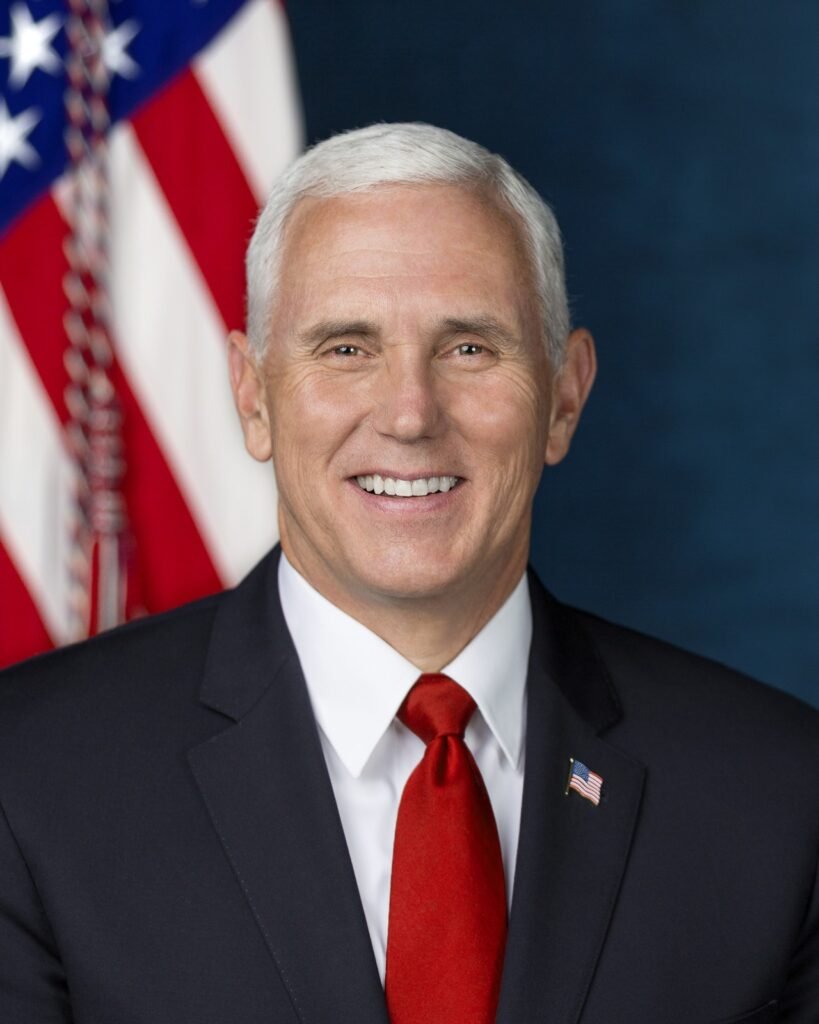
The Surprise Class
Tim Scott
Tim Scott, the sole African-American Republican senator in the United States, contributes distinct strengths and weaknesses to his presidential campaign. His optimism and emphasis on party unity distinguish him from more aggressive candidates such as Trump and DeSantis, but his low name recognition and lack of national profile present obstacles.
Despite being a native of South Carolina, a vital primary state for the Republican Party, Scott has only 1% support among registered Republicans at present.
His diverse heritage and optimistic outlook may resonate with some voters, but he will need to invest time and money to develop a national profile. Additionally, he confronts competition in the South Carolina primary from Nikki Haley, who is also a candidate.
Scott’s image as a nice person may also hinder his ability to confront opponents aggressively. Nevertheless, he has begun contacting national donors and has accumulated a sizeable campaign fund.
Scott’s campaign will be successful if he is able to overcome these obstacles, broaden his appeal, and carve out a distinct path in a congested field.
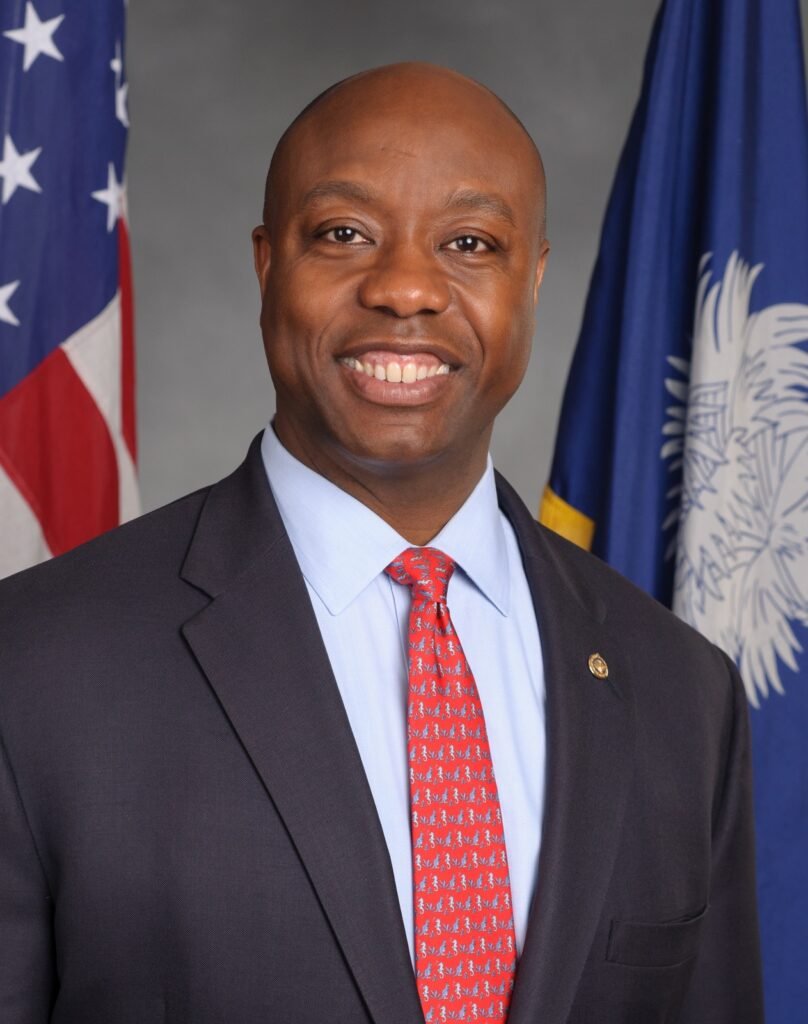
Nikki Haley
Former South Carolina governor and UN ambassador Nikki Haley brings unique strengths and flaws to her presidential candidature. She emphasizes her Indian heritage, capacity to solve gender and race issues in the Republican Party. Haley’s experience as governor of a key early-primary state and her ties to the Trump administration help her connect with the MAGA base.
Her public recognition is low, and her policy ideas, such as cutting Social Security, and Medicare, may be criticized. Conservatives may also question her immigration inclusiveness and Confederate flag removal.
Haley must overcome these flaws, acquire national recognition, and manage the party’s changing cultural dynamics to win the Republican primary. Her generational difference from Trump and Biden plus her status as the sole woman in the Republican 2024 presidential field make her appealing.
Haley’s presidential chances depend on her ability to balance these elements and appeal to party factions.
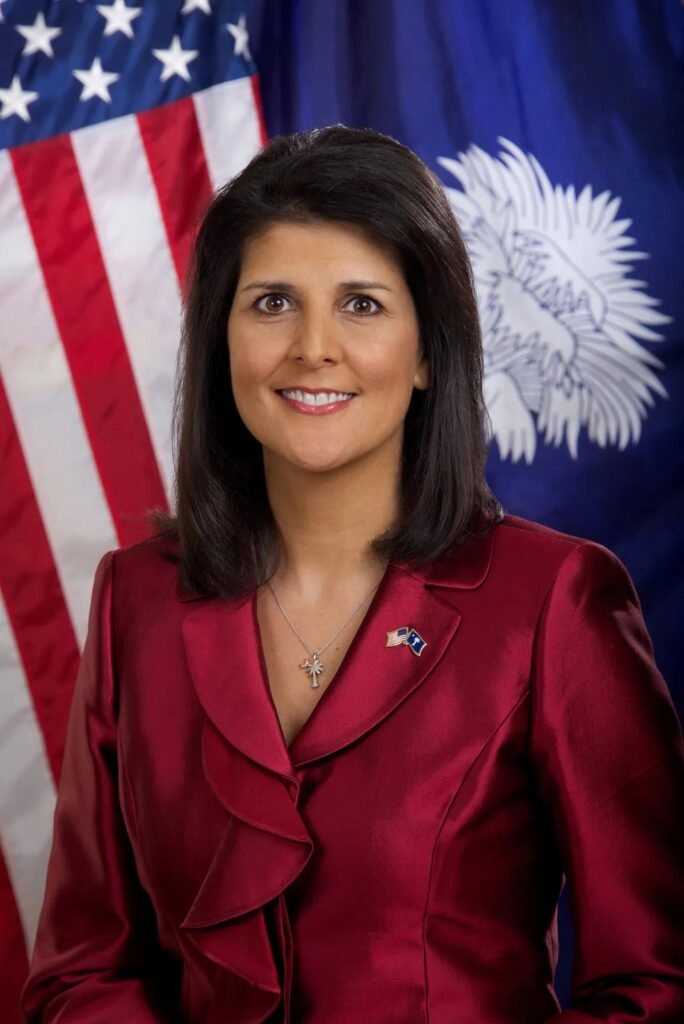
Chris Christie
Chris Christie, a former governor of New Jersey with a background as a federal prosecutor, confronts an uphill battle in his campaign for the Republican presidential nomination. In a recent poll, only 1% of Republicans supported his campaign, which he launched as a decided underdog. Christie’s assets consist of his debating abilities and his willingness to take on anyone, including former President Trump. If Florida Governor Ron DeSantis’s popularity declines, there may be an opening for Christie in the non-Trump lane.
His willingness to challenge Trump, however, is also his greatest vulnerability. Offending the Trump constituency is a significant obstacle, as it still represents the majority of Republican primary voters. Conservatives are incensed by Christie’s history of working with Democrats, such as his collaboration with President Obama during Superstorm Sandy. In addition, his sometimes-harsh personality has earned him adversaries within his own party.
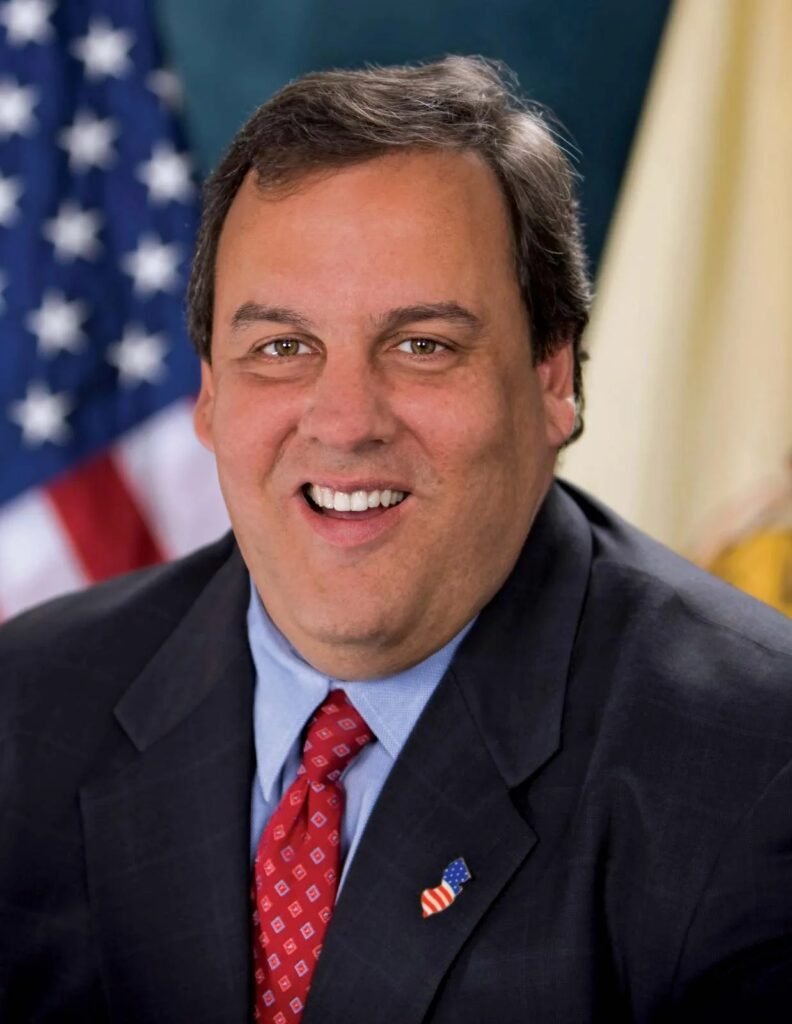
The Longshots
Doug Burgum
The current governor of North Dakota, Doug Burgum, brings both strengths and vulnerabilities to a potential presidential campaign. Burgum is a 66-year-old successful entrepreneur who founded a software company and sold it to Microsoft in 2001. He is positioned as a conventional conservative who prioritizes the economy and national security by emphasizing low taxes and fewer regulations.
Burgum’s lack of substantial baggage in national politics is one of his greatest strengths. As the governor of North Dakota, he has a history of reducing taxes and rolling back transgender rights. During his campaign, he is anticipated to emphasize his small-town roots. In addition, Burgum’s status as a magnate ensures that he will have access to financial resources.
Nonetheless, Burgum’s lack of national prominence is one of his greatest liabilities. Originating from a minor state, he will find it difficult to distinguish himself from an already crowded field of candidates, especially with other well-known figures dominating the political landscape. Burgum will have a difficult time gaining name recognition and distinguishing himself from the competition.
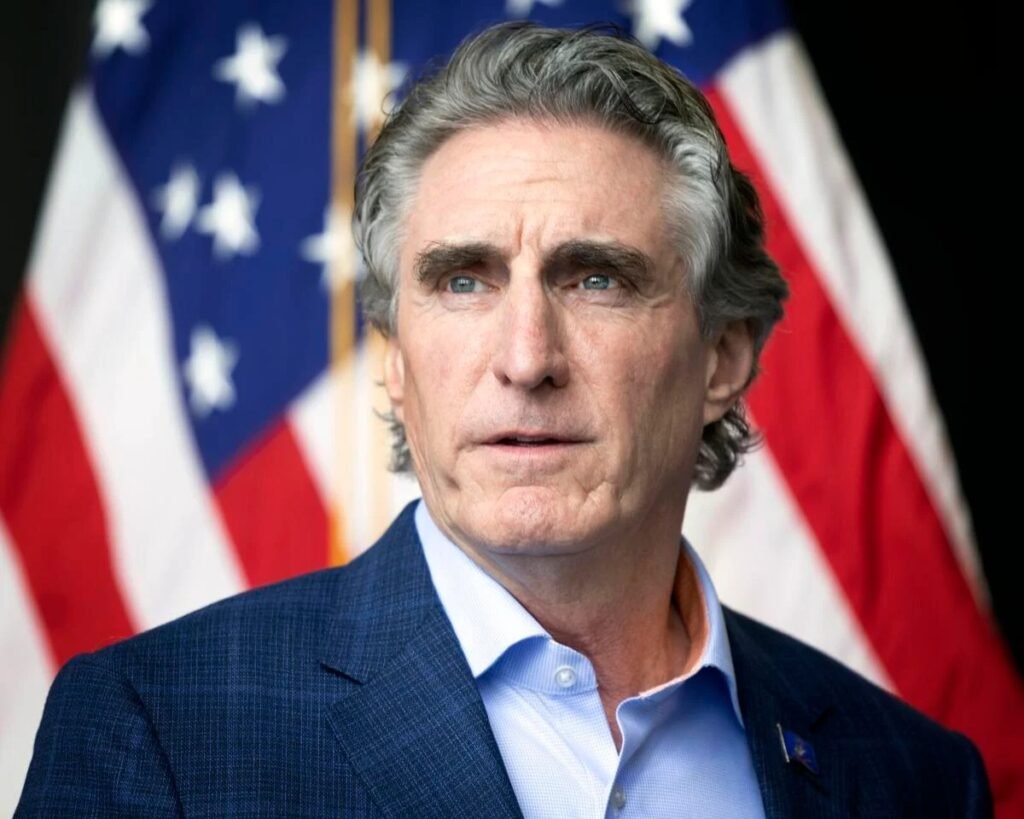
Vivek Ramaswamy
Former biotechnology investor and executive Vivek Ramaswamy brings both strengths and vulnerabilities to his campaign for the Republican presidential nomination. As a youthful, diverse candidate with a solid educational background and business experience, he presents a new face in the Republican primary and appeals to those who value his background.
Ramaswamy has risen to prominence by criticising the environmental, social, and governance (ESG) movement and “woke”-ism, which may appeal to white-collar Republicans seeking an alternative to Trump.
However, his lack of national recognition, youth, and limited support base make it difficult for him to emerge as a serious contender in the race.
The success of Ramaswamy will depend on his ability to overcome these obstacles, increase his visibility, and acquire momentum as a major candidate.
While he has sparked grassroots interest as a potential alternative to Trump, he remains an extreme long shot.

Asa Hutchinson
In April, the former governor of Arkansas launched his bid for the White House with a call for Trump to resign to deal with his indictment. Hutchinson, 72, has promoted his experience as governor of a staunchly conservative state as evidence that he can deliver on Republican voter priorities, citing tax cuts and job creation initiatives as sources of particular pride. However, his name recognition outside of Arkansas remains limited.
As the 2024 Republican presidential race takes shape, a diverse group of candidates has emerged, each with their own unique strengths and weaknesses. From the familiar faces of Donald Trump and Mike Pence to the rising stars like Ron DeSantis and Nikki Haley, the field is full of intriguing contenders. Factors such as name recognition, policy positions, and ability to connect with voters will play crucial roles in determining the success of these candidates in the primary campaign.
